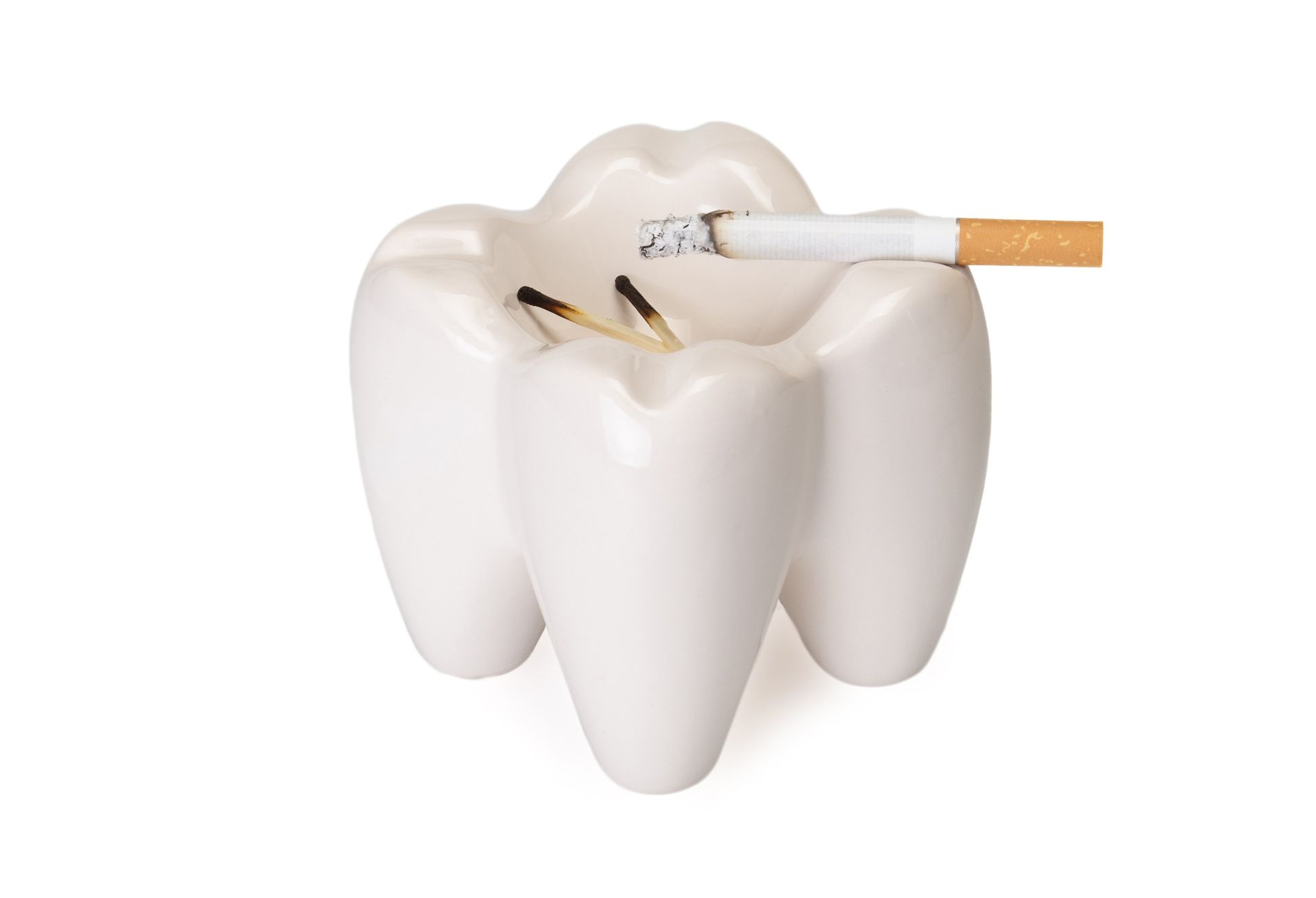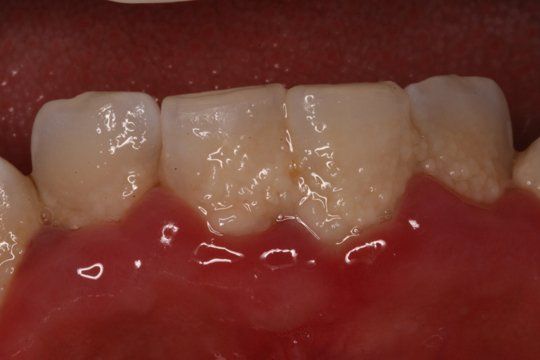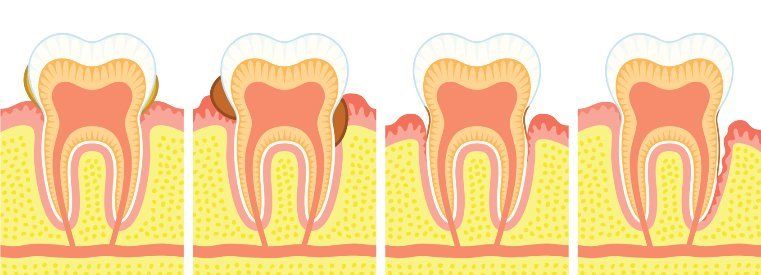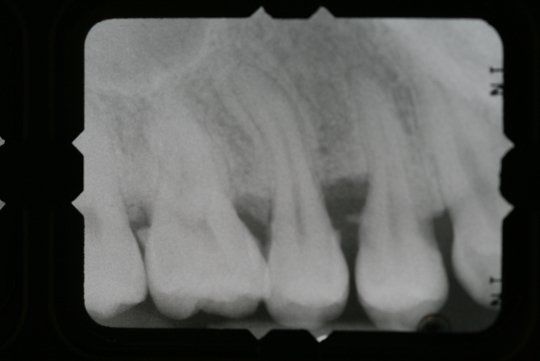
We know how to provide the right treatment to gain optimum gum health
Will I get gum disease?
Current research shows us that some people are more at risk of gum disease than others.
SMOKING
can seriously increase the risk of gum disease because nicotine reduces the blood supply to gum tissue and makes inflammation more damaging. Smoking weakens the immune system. Smoking does not cause gum disease but it can certainly speed it up in the susceptible person.
STRESS
of any kind can weaken the immune system and can contribute to gum disease.
If your gums BLEED
when brushing or flossing you should seek professional help to establish just how much damage has occurred. Remember, HEALTHY GUMS DO NOT BLEED.
Uncontrolled DIABETES
also presents a greater risk because the body does not fight infection or heal as well as non-sufferers. Many people have Diabetes without knowing it too. It is always a good idea to have your blood sugars checked every year. Some pharmacies offer free Diabetes tests while you wait.
OSTEOPOROSIS
may also mean that the sufferer is at greater risk of gum disease because bone density is reduced. If you are an older woman it would be advisable to be screened for gum disease.
Gum disease may also be HEREDITARY,
so if one or both parents have gum disease, we recommend that you get screened.


Early gum disease
Early gum disease is called Gingivitis. This is a Latin word that means gum inflammation. Gingivitis only affects the superficial area of gum and is completely reversible with correct brushing. Gingivitis is assessed as mild, moderate and severe levels. The more plaque accumulation the greater the severity of the inflammation. The picture here is of severe gingivitis which would take a few weeks of excellent brushing and cleaning to reverse.
When plaque is left around the gum margins, saliva makes the plaque turn hard. We call it calculus or tartar. Calculus can form within 2 weeks of having a scale and polish if plaque control is not perfect. Calculus cannot be brushed away. It will stay in your mouth until it is professionally removed by a hygienist or dentist.
Stages of gum disease:
• Plaque causes inflammation (swollen, bleeding gums)
• Calculus forms around the teeth and below the gums
• Inflammation spreads into the surrounding bone
• Deep pocketing forms around roots
• Teeth become mobile and fall out
• Calculus forms around the teeth and below the gums
• Inflammation spreads into the surrounding bone
• Deep pocketing forms around roots
• Teeth become mobile and fall out

Advanced gum disease
Over time, usually years, inflammation can progress downwards into the surrounding jaw bone and connective tissue. This gum breakdown (called pocketing) is the next stage of gum disease called Periodontitis. This is a Latin word which means inflammation around the supporting bone and structures of the teeth.
Unfortunately, this process is painless and goes unnoticed by the sufferer. Often by the time a person notices tooth movement in the mouth, advanced bone loss has occurred. This image is of a radiograph (x-ray) showing bone loss and calculus far below the gum line.
The deeper the pockets the more advanced the disease is. If pockets are deeper than 5mm it is impossible for the person to floss or brush away the deep plaque which is causing the inflammation.
Deep cleaning with professional equipment is necessary.
It is important that dental radiographs are taken of all affected teeth so that we can monitor the condition over time.
You can also contact
Lucy Reed Dental Hygiene in Cardiff to find out more about Direct Access.

PerioChip for advanced gum disease
PerioChip is an innovative treatment for advanced gum disease.
It is available at our clinic.

For all your gum problems in the Cardiff area, we have a variety of treatment options. Call Lucy Reed Dental Hygiene on 07834 670 245

